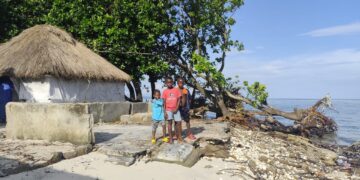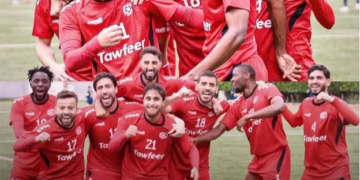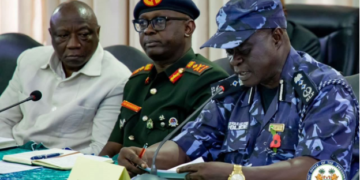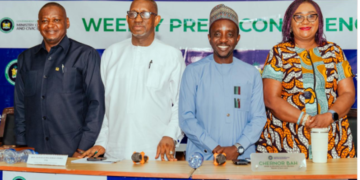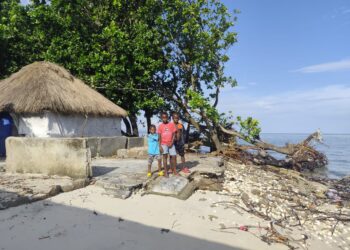By Alieu Amara Suwu
Legal Access through Women Yearning for Equality Rights and Social Justice (L.A.W.Y.ERS) on the 23rd day of August at the New Brookfields Hotel in Freetown engaged legal practitioners, otherwise known as lawyers, on mentoring and networking.
Giving an overview of the GEAR project, Bai Kamara, the GEAR project officer, said in 2022, the Gender Equality and Women’s Empowerment Act was passed as an info law, which brought the thirty percent quota for women. He said, but to gain momentum and relevance, they conducted a survey with the help of the Carter Center. And he said the report of the survey gave birth to the project, GEAR.

He clearly spelled out that they were there to network, to give young lawyers the opportunity to meet top legal practitioners and therefore tap into their knowledge. He said that would not stop but shall transcend beyond the boarders of Sierra Leone, right to the Gambia, where some female lawyers would continue implementing the project, shaping the careers of legal practitioners.
Roland Maraima Kondeh, Esq., in her contribution said L.A.W.Y.E.R.S. was founded in 1997 to enhance the capacity of female lawyers, a group of female lawyers that support and push each other. Sharing her experience, she explained how she felt about making a presentation, but with the help of L.A.W.Y.E.R.S., she stands out today and is therefore grateful.
Kari Mackey from the Carter Center shared her experience of how mentorship taught her professionalism, including speaking and writing styles, how to be accountable for her mistakes and not repeat them, and how to say no when she does not know. Mackey advises that having someone as a mentor who has more experience is critical to one’s professional growth. She further delved into the importance of mentorship and networking.

Alpha Sesay, Deputy Minister of Justice, defined networking as a relationship. He commended L.A.W.Y.E.R.S for the engagement, which is key to mentorship and networking. He explained how he was inspired to set up a human rights group at Fourah Bay College and noted how his relationship with his mentors has been revolving. “Mentorship has helped him build confidence. If you have a mentor who can’t trust you, then you need to ask questions. And mentoring someone with believing in them is not mentorship but a mere direction,” he said.
He added that getting to work is not only about making friends but getting someone to mentor them, seeking guidance, sharing their thoughts, and talking to their mentors about their own curiosity. He added that mentors are not meant to do the work for mentees but to help throw ideas at mentees.
He asserted that relationships are an investment, and one should take opportunities and chances when encountering people; it might be a game changer. He concluded by cautioning that mistakes are inevitable, but someone should be ambitious and take risks.
Yoko Mahiteh Reffel-Wyse extensively talked about the power of mentorship and strategic networking.
The engagement ended up with speed networking by all, wherein everyone was asked to engage with one another, share contacts, and create relationships.


